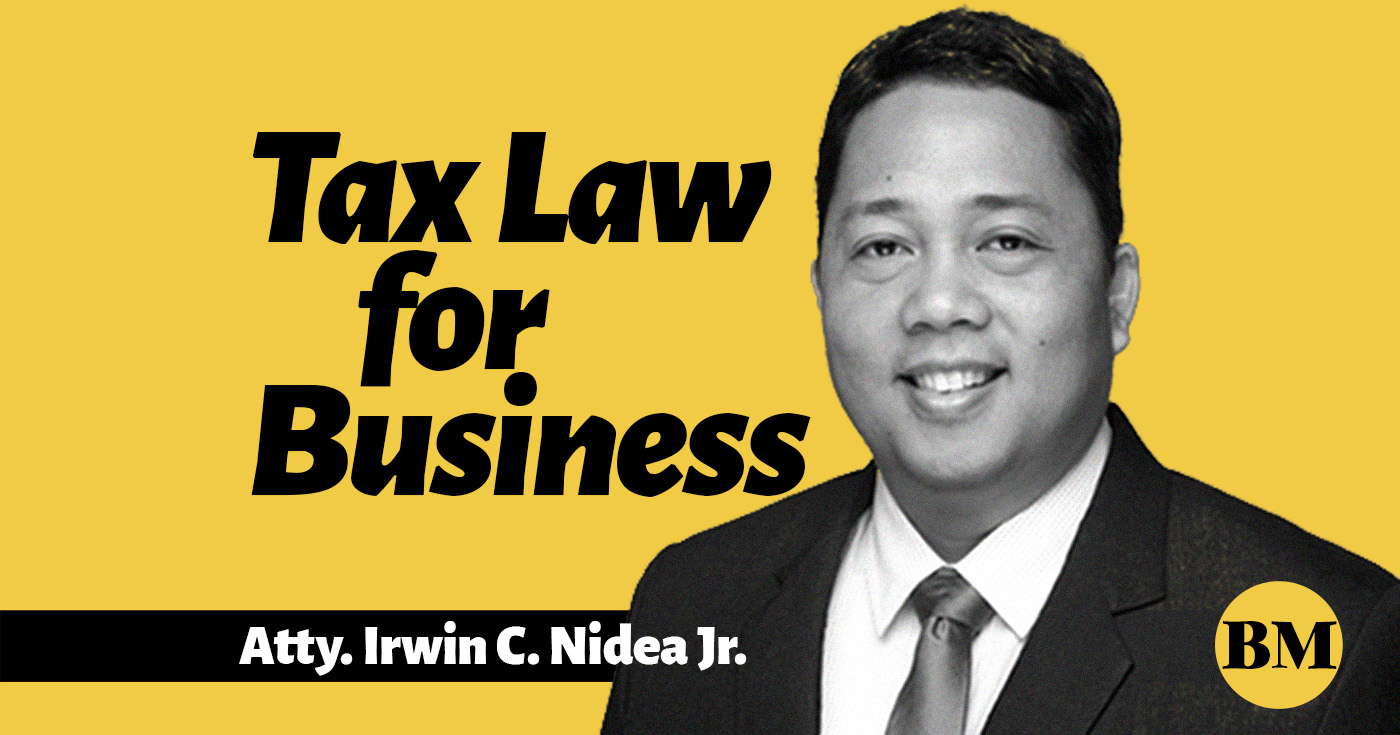
Senior citizens are accorded privileges in recognition of their contributions to society. Among which is the 20-percent discount on their purchase of goods and services. Is it an absolute discount? Apparently not.
In 2011, a member of a university cooperative purchased a soft drink from the said cooperative and demanded a 20-percent discount because he is a senior citizen. In his eight attempts to buy the soft drink, his demand for a 20-percent discount was rejected. So, he decided to file a criminal case against the cooperative’s General Manager. The Municipal Trial Court, the Regional Trial Court as well as the Court of Appeals, found the General Manager guilty of violating the provisions of the Senior Citizens Act and sentenced him to two to three years in prison.
However, the Supreme Court (SC) acquitted him (GR 231298). In this case, the SC reconciled two laws, i.e., the law creating the Cooperative Development Authority (Republic Act 9520) and the Expanded Senior Citizens Act (RA 9994).
According to the SC, the university cooperative being registered under the Cooperative Development Authority (CDA) is exempted by law from the coverage of the Expanded Senior Citizens Act. Since cooperatives are tax exempt, they cannot be burdened with the 20-percent discount to senior citizens.
According to the SC, there is a marked difference between cooperatives and other private establishments that do not enjoy the same tax exemption. The SC emphasized that private establishments that issue senior citizen discounts are entitled to a return of the discounts they extended. However, the legislature, in the exercise of its police power, watered down their reimbursements to a tax deduction from what used to be a tax credit. Nonetheless, whether through a tax credit or a tax deduction, there is no arguing that business establishments are still entitled to recoup some of the discounts they issued to senior citizens. The university cooperative could not have availed itself of a tax deduction to offset a portion of the senior citizen discounts it issued to its clients since cooperatives are tax exempt in the first place. Thus, to insist that it was mandated to issue a 20-percent discount would have been confiscatory and a deprivation of private property without due process of law.
The SC agreed with the General Manager’s argument that if the university cooperative were forced to extend senior citizen discounts, it would have to shoulder the burden with no way to avail itself of the tax deductions, leading to financial losses and possible bankruptcy.
The SC had no choice but to reconcile two laws, i.e., the law creating the Cooperative Development Authority (RA 9520) and the Expanded Senior Citizens Act (RA 9994), on whether it should declare the discounts given to senior citizens absolute or should it draw the line and protect cooperatives which are also given some privileges by law.
The SC opted to protect cooperatives. According to the SC, it does not seem reasonable that cooperatives, favored by the State for social justice reasons, will be at a disadvantage as compared to private commercial establishments. The latter are allowed by law to claim the senior citizen discount as a tax deduction, while the former has no way to recoup the discount that is given to senior citizens.
This decision will have a ripple effect to privileges given to persons with disability (PWD) as well. The 20 percent discount given to these disadvantaged members of society will no longer be considered absolute. All exempt corporations under Section 30 of the Tax Code will also argue that they too should not be forced to give the 20-percent discount.
These corporations include (1) labor, agriculture or horticultural organizations not organized principally for profit; (2) mutual savings banks not having capital stock represented by shares, and cooperative banks without capital stock organized and operated for mutual purposes and without profit; (3) beneficiary society orders or associations, operating for the exclusive benefit of the members; (4) cemetery company, owned and operated exclusively for the benefit of its members; (5) non-stock corporations or associations operated exclusively for religious, charitable, scientific, athletic, or cultural purposes, or for the rehabilitation of veterans; (6) business leagues, chambers of commerce, boards of trade not organized for profit; (7) civic leagues or those organized exclusively for the promotion of social welfare; (8) non-stock and nonprofit educational institutions; (9) government educational institutions; (10) farmers’ or other mutual typhoon or fire insurance companies, mutual ditch or irrigation companies, mutual or cooperative telephone companies, or like organizations of a purely local character; (11) as well as farmers’, fruit growers’ associations operated as a sales agent for the purpose of marketing the products of its members.
If you are a senior citizen, or a person with disability, you should make a choice whether to purchase goods or services from these exempt corporations knowing that you may not be able to avail yourself of the customary 20-percent discount. Remedial measures should be introduced by Congress so that senior citizens and PWDs will be able to enjoy the absolute discount that they deserve.
After all, a 20-percent discount is not a trivial choice.
The author is a senior partner of Du-Baladad and Associates Law Offices, a member-firm of WTS Global.
The article is for general information only and is not intended, nor should be construed as a substitute for tax, legal or financial advice on any specific matter. Applicability of this article to any actual or particular tax or legal issue should be supported therefore by a professional study or advice. If you have any comments or questions concerning the article, you may e-mail the author at irwin.c.nideajr@bdblaw.com.ph or call 8403-2001 local 330.
Senior citizen discount is not absolute
Source: News Paper Radio
0 Comments